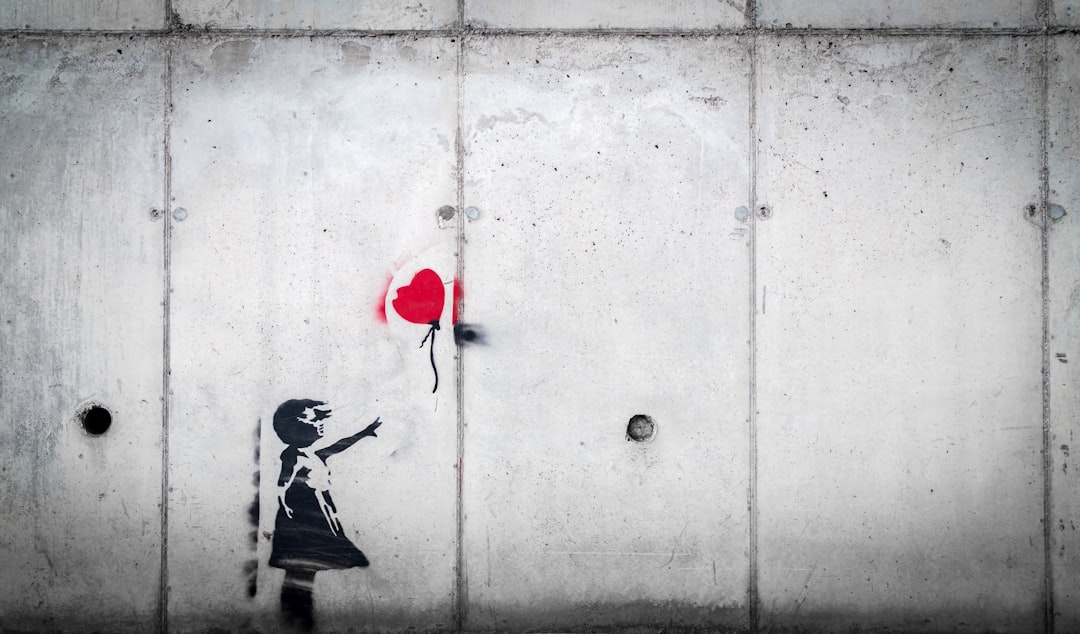What is it about?
Do parties handle conflicting justice notions when they negotiate about the legacy of a colonial past? This question is at the core of an increasing number of judicial and non-judicial processes around the world. In settler-colonial societies, this debate is far from new. The objective of this article is neither to consider the general debate about reparations nor to study theoretically how communities can digest “a past that is hard to swallow.” It is to detect the conflicting justice notions mobilized in the negotiation process when seeking to come to an agreement or other kind of conclusion to the process. Do the parties explicitly refer to these conflicting justice notions or do they avoid them? To address this question, the article focuses on one in-depth empirical case study, namely the Belgian case.
Featured Image

Photo by Sergi Design on Unsplash
Why is it important?
This topic is crucial for practical and ethical reasons. In Western Europe, the ongoing debates concerning Belgian colonization in the African Great Lakes, French colonization and the independence war in Algeria, or mass violence at the end of the Dutch colonial empire in Indonesia illustrate a common trend. Most victims’ descendants living in the three countries denounce long-lasting stereotypes and share common expectations. The question is: how do official authorities negotiate public apologies and reparations?
Perspectives
One of the main lessons of the initial phases of the Commission set up by the Belgian Parliament to deal with the colonial past is that the process requires many adjustments. Changing beliefs, representations, and emotions take time. Acknowledgment of the violence that was inflicted does not happen overnight. The ability to actively listen, understand, digest, and adapt, implies self-awareness. Implementing a scenario based on equity and equality will likely not take months but years. The work of memory related to the negotiation of colonial legacies is like a mountain walk. It implies long and slow efforts, but allows for widening the horizon to reach incredible views – from which one can observe not one, but several, valleys.
Valerie Rosoux
Université catholique de Louvain - FNRS
Read the Original
This page is a summary of: Negotiating Post-Colonial Legacies: Conflicting Justice Notions in the Belgian Case, International Negotiation, September 2022, Brill,
DOI: 10.1163/15718069-bja10064.
You can read the full text:
Contributors
The following have contributed to this page










